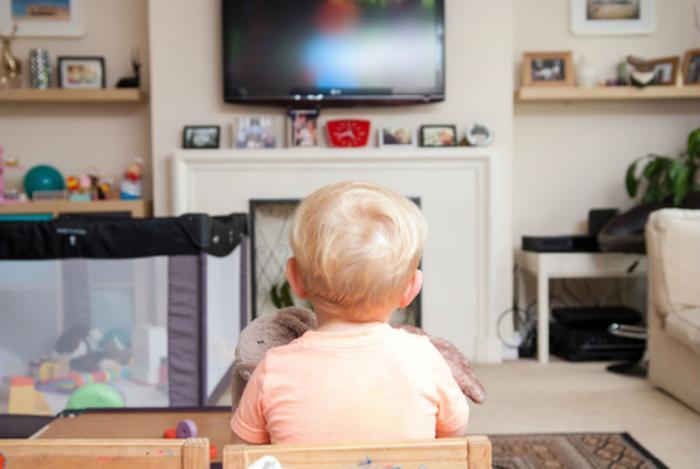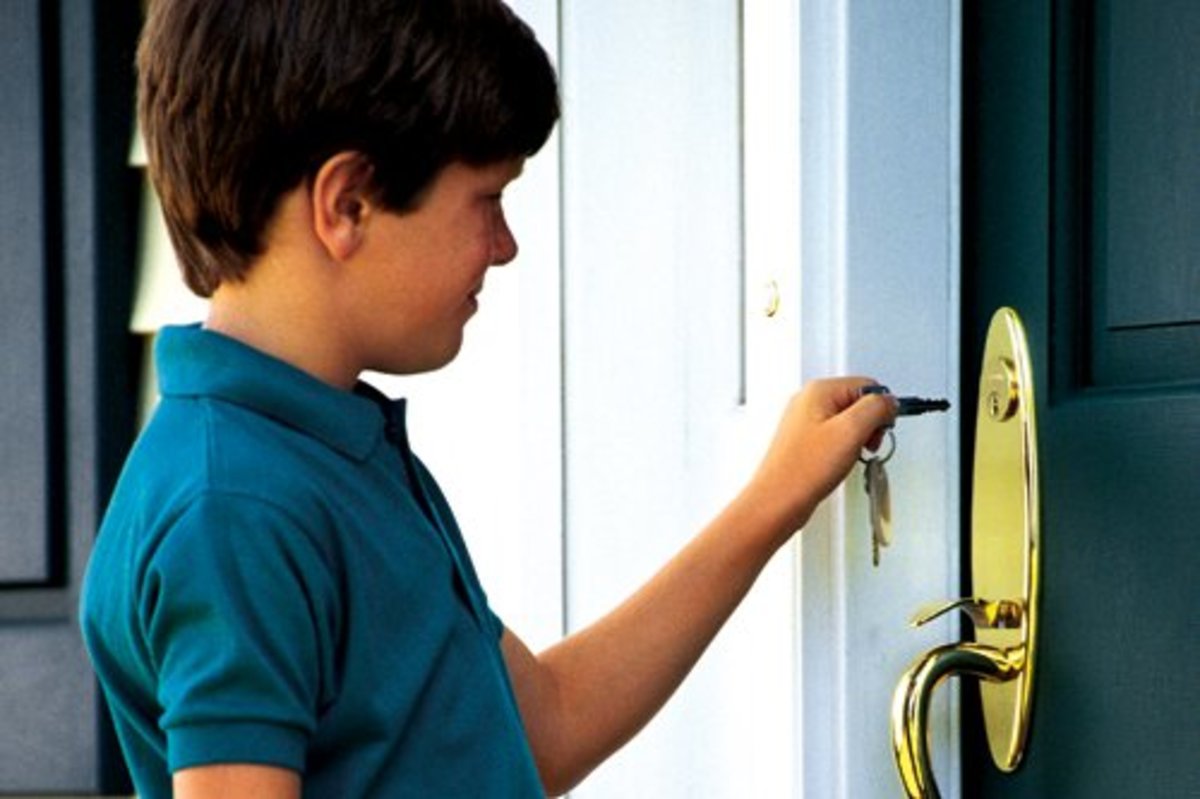Table of Content
To always lock the door after entering and make sure the house is secure. How to carry his or her key so it is hidden and secure. Your name and address should not be on the key, and it may be wise to leave an extra key with a trusted friend or neighbor. Determine if there are other community resources or organizations providing after-school care or support. University of Minnesota Extension discovers science-based solutions, delivers practical education, and engages Minnesotans to build a better future.
Copyright © 2000 National Center for Missing & Exploited Children. This project was supported by Grant No. 2007-MC-CX-K001 awarded by the Office of Juvenile Justice and Delinquency Prevention, Office of Justice Programs, U.S. Department of Justice. Points of view or opinions in this document are those of the author and do not necessarily represent the official position or policies of the U.S. National Center for Missing & Exploited Children® and THE-LOST® are registered service marks of the National Center for Missing & Exploited Children.
Know The Rules … After-School Safety For Children Who Are Home Alone
If you have pets, think about whether it's safe to leave your child home with them unsupervised. Often it is a good idea to leave your child for small periods of time and build up to longer as they age. Every case is going to be different, and factors like the child’s maturity level and the surrounding area’s safety need to be taken into account. Read on to find out what child protection laws are actually about and when it’s appropriate to leave a child unsupervised. The age a child can a child stay home alone more literal sense is not until the late elementary or middle school years. And even then, a massive number of factors — geography, maturity, etc. — dictate whether and for how long alone time should be exercised.
This means parents can be left to decide if their kids are mature enough to be home alone. The law does state that parents shouldn't leave little ones alone at home or in a car if they could be exposed to risks but this does not specify an age either. There is no legal limit or minimum on what age a child can be before they are left at home alone. That said, being left alone at home isn’t always a bad thing. For one, it can help them learn to be more independent, provided they’re mature enough to handle it.
Can parents legally kick you out in Australia?
Children should not be left alone overnight until the oldest child is at least 16 years old. Neglectful supervision accounts for more than half all confirmed abuse or neglect in Texas. Neglectful supervision accounted for 75 percent of all confirmed child victims of abuse or neglect in 2011. Leaving a child unattended in a car is also a form of neglectful supervision that is investigated by Child Protective Services. The brochure also lists suggested age ranges helpful in determining home-alone readiness. If you have no choice but to leave your (old-enough) kids unattended for long stretches of time, it's absolutely worth investing in a home security system, especially one with video capabilities .

If they don't feel ready or you are not sure it is the best thing then don't leave them home alone. Much of the guidance comes from social expectations and parent's trust in their children. Parents might wonder how young is too young to leave their children home alone, and we've got the answer for you. While the law doesn’t give a lot of specifics, many government agencies provide helpful guidelines. Parents can be prosecuted if they leave a child unsupervised ‘in a manner likely to cause unnecessary suffering or injury to health’.
Read More on The Sun
MedTerms online medical dictionary provides quick access to hard-to-spell and often misspelled medical definitions through an extensive alphabetical listing. According to the brochure, children 6 and under should never be left unattended, "even for short periods of time." Kids 7 to 10, "rarely, if ever." The ensuing investigation could land a parent behind bars on an endangering-children charge and the child surrendered to a relative or foster care.

There are, however, many states such as Texas and California, that do not state a minimum age. She says parents should look at what levels of responsibility that child has at home during other times. She suggests parents consider the safety of the neighborhood, whether or not a child can think about multiple things at once and making sure they understand what to do in cases of emergencies. Advises that most children below 12 aren’t mature enough to be left alone and children under 16 can’t be left alone overnight. Guidelines from American agencies take it a step further as these also mention which parts of the day children can be safely left alone.
If that happens your child should turn around, run in the opposite direction, and go to a designated place to get help and tell a trusted adult what happened. Important points parents should consider prior to allowing their child to be unsupervised after school. Imagine some situations and have your children act out their responses. For example, pretend you are a stranger at the door asking to use the phone to call a tow truck or a sales person wanting to leave some free samples. Giving many examples and having your children actually respond to the situation will help them respond quickly and flexibly if the situation actually occurs when they are alone. Finally, your child should be able to talk easily with you about interests and concerns.

Police in Ohio summoned to incidents involving children left unattended typically notify social workers. In Kansas, a kid need only be 6 before a parent can legally leave them alone. "A few do have age limits where they have a law that states that, but Ohio does not," said Joseph French, chief executive officer of Child & Adolescent Behavioral Health.
Some children may take longer to be able to handle the responsibility of looking after themselves and another child. For example, the list states that children ages 8 to 10 "should not be left alone for more than 1 1/2 hours and only during daylight and early evening hours." In a survey by security company ADT, nearly 70 percent of respondents agreed that the sweet-spot age for when kids can start staying home alone is somewhere between the ages of 12 and 15 years old. Only 3 percent of survey-takers believed parents should wait until their child is at least 18 years old, and only 2 percent thought a child of 7 years or younger is fine to be left unsupervised. Even if your children are still too young to stay at home alone, you can start teaching them some skills that will make it easier to leave them home alone when they are older.

When teaching your children, give information gradually rather than all at once. Too much information at one time is difficult to remember. First, your child should indicate a desire and willingness to stay alone. Children who are easily frightened or who don’t want to stay alone are probably not ready to do so.
The mother was not charged in connection with leaving her child home alone, but officers notified CPS, "because the child had been left home alone, Garren had said. If a parent isn't available, "CPS may deem the child able to stay home or the child may need to be placed . More often than not, we're are at least going to notify them," he said. Officers are able to make the decision about whether the child is safe at home, "but we like to defer to (CPS') expertise."

Make sure to put rules in place so everyone knows what is expected. These can include things like whether visitors are allowed. No going out at night as well as what chores need to be done. Make sure your child knows not to tell people that they are home alone as this poses a safety risk.

No comments:
Post a Comment